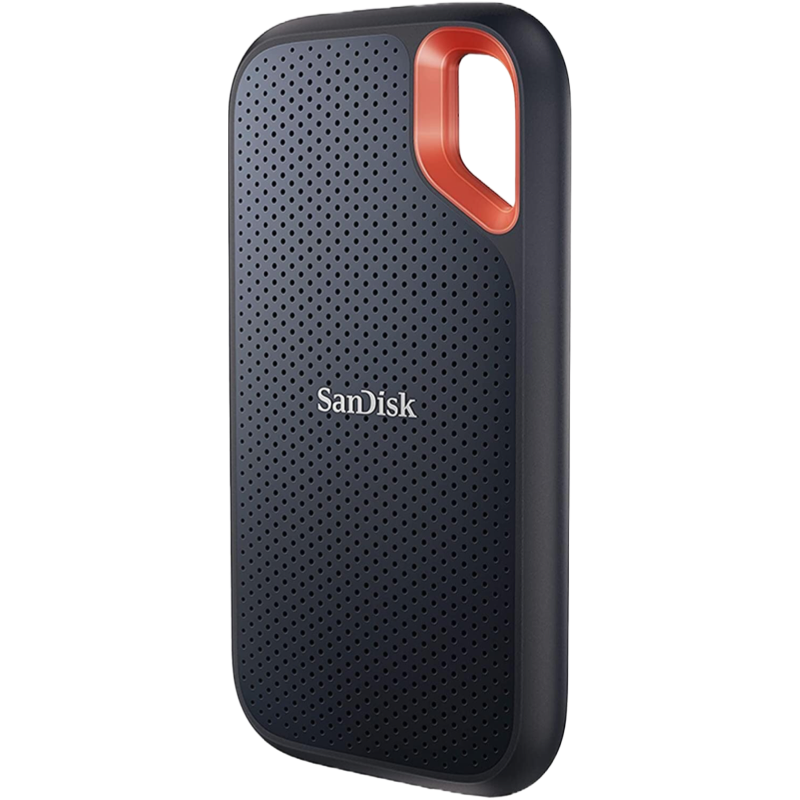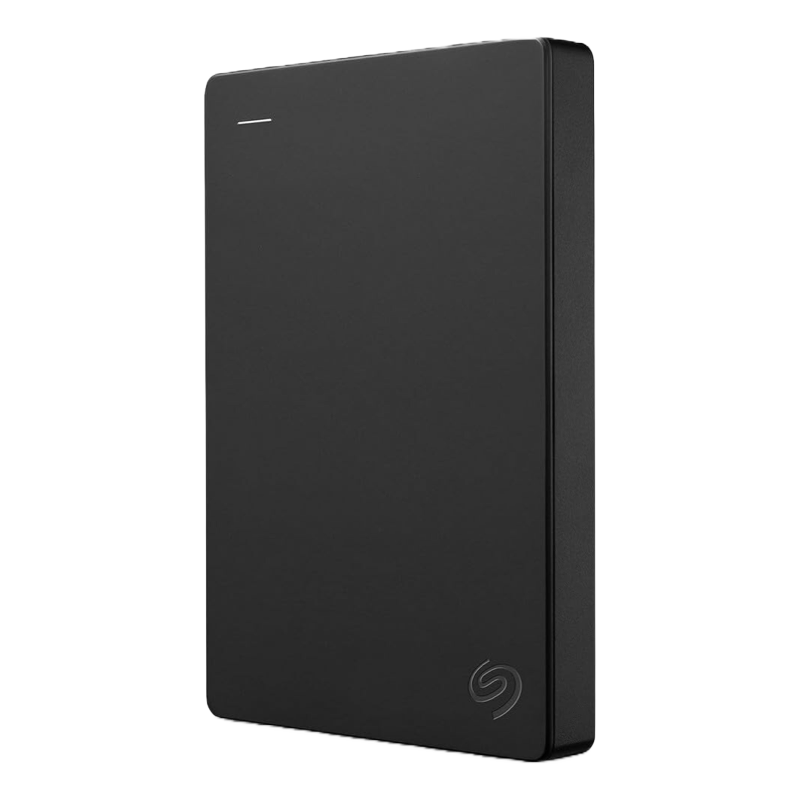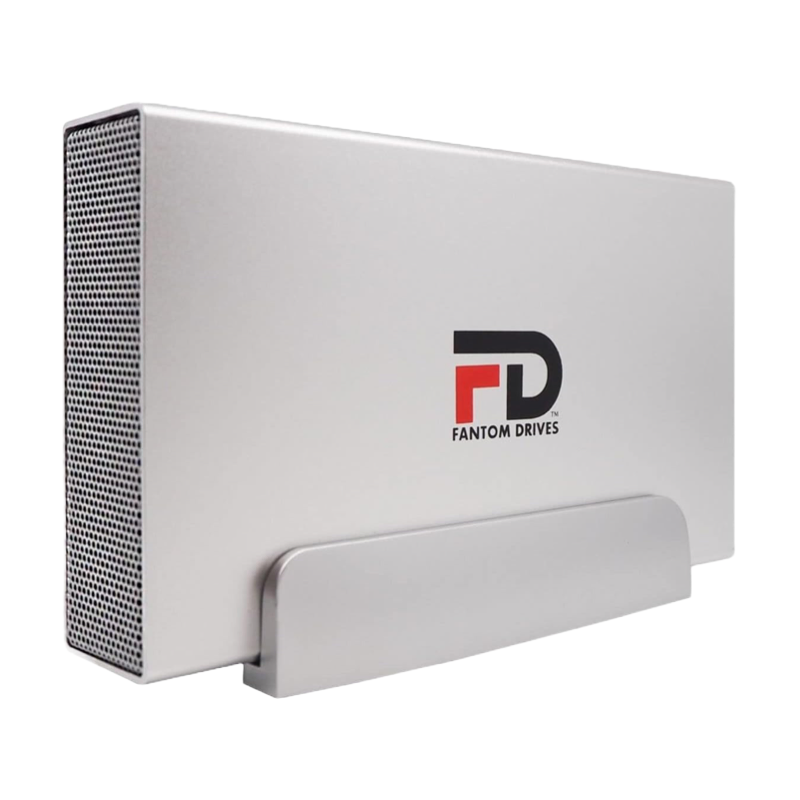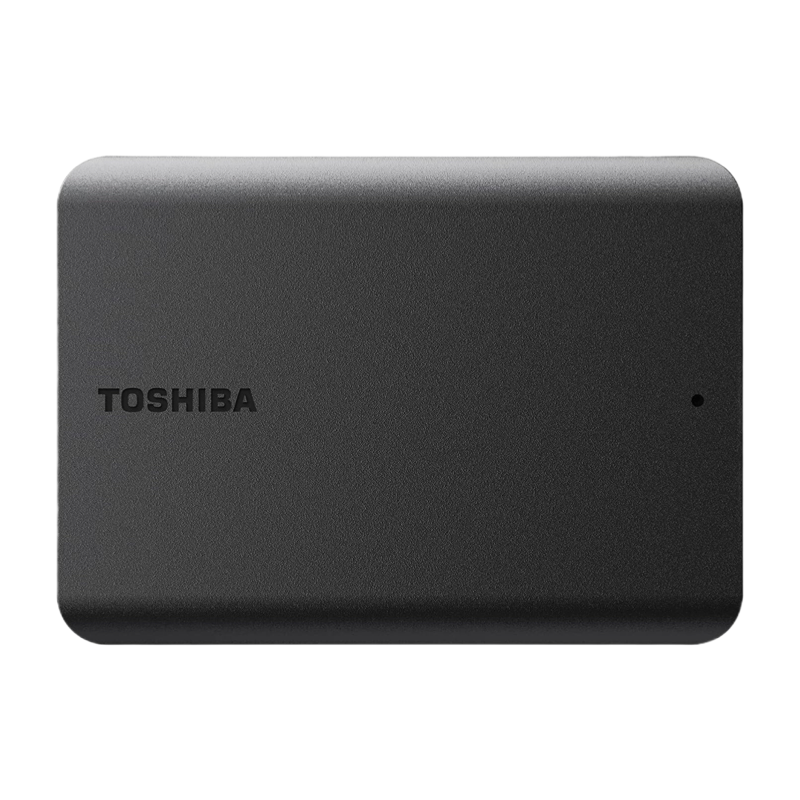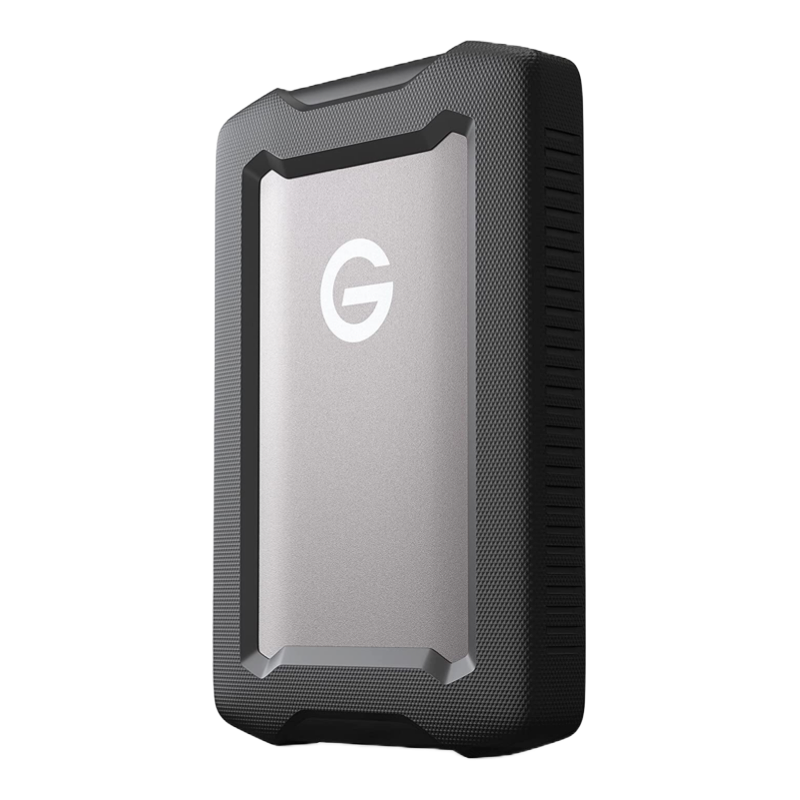Now, don’t get us wrong, buying the best hard drive for music production isn’t exactly the most extravagant or inspirational purchase, but it could potentially be one of your smartest. Chances are, you’ll have bought the best PC for music production with plenty of memory. After all, we all know saving recorded music files and huge band projects from a DAW takes up lots of room.
But what if you find yourself running out of storage? Or perhaps you’re working on a very important project that would benefit from a backup, you know, in case the worst happens. In that case, the best hard drive for music production is invaluable and much more important than the 5th reverb plug-in you’re considering. After taking into account price point, storage size, build quality, portability, performance speeds and connectivity options, we’ve rounded up the best hard drives for music production.
Best hard drives for music production: Which one should you go for?
If you’re in the market for a hard drive to back up your musical projects, to store a humongous sample library or just need a backup of an important piece of work, choosing any of the products on our list will stand you in very good stead. Of course, the SanDisk 2TB Extreme Portable SSD will suit just about everyone. The NVMe solid-state drive excels with lightning-fast transfer speeds reaching up to 1000MB/s, and it is the quickest-performing hard drive on our list. Beyond its sleek and durable design, this hard drive impressively stores 2TB of data while ensuring security with password protection. Its cost-effectiveness is equally noteworthy, offering outstanding performance, ample storage, enhanced security features, and exceptional value. What’s not to like?
For those looking to save a penny or two, the Toshiba Canvio Basics 1TB Portable External Hard Drive is a fantastic, budget-friendly choice. With a generous 1TB space crammed into its slim and light frame, brace yourself, it’s priced under £/$50. Toshiba concocted this gem; it’s the reliable sidekick you need to stash your artistic endeavors safely. Plus, they throw in a tough USB cable, talk about an all-star package deal at an incredibly attractive price.
For the professionals out there looking for heaps of storage, then check out the Fantom Drives 22TB GFORCE 3 Pro. It’s unlikely that you’ll need more than 22TB of storage, and if you do, it’s probably time to start deleting some samples. Zooming in at speeds up to 250MB/s, this gadget is the sprinter your workflow needs. Sure, it’s a bit on the chunky side, but fear not, the included stand transforms it into the ultimate “set it and forget it” hard drive, ready to rock your world without breaking a sweat.
Should I use SSD or HDD for storage?
When it comes down to hard drive storage, what one is better for music production – SSD (solid-state drive) or HDD (hard disk drive)? Well, both have their pros and cons. Starting with SSD, this option is usually much quicker, offering faster transfer speeds. If waiting for loading sample patches from your hard drive kills your creativity, an SSD will work for you better. They tend to work more efficiently and quietly. The latter is a particularly good point if you’re recording audio. The last thing you want to hear in a recording is the quiet hum of a hard drive. However, SSD hard drives tend to be a little more expensive.
That brings us to the first pro of HDD storage: it tends to be a bit cheaper. If you’re on a budget, then an HDD is the ideal option. HDD is an older technology, and it is still used thanks to its reliability. If you’ve had your fingers burnt in the past with a dodgy hard drive deleting your backup music projects, an HDD should remedy any anxieties as it’s tried and tested.
What size of hard drive do I need for music production?
For music production, we recommend you aim for a minimum of 1TB of hard drive space to store audio files, projects, and samples. Any less than this, and you may find yourself running out of room. High-quality audio formats and extensive project work may require more space, so bear this in mind if you record with the best audio quality possible. Having extra space allows for flexibility in handling diverse music projects and various software tools, so if you appreciate different sound samples, the more storage the better.


